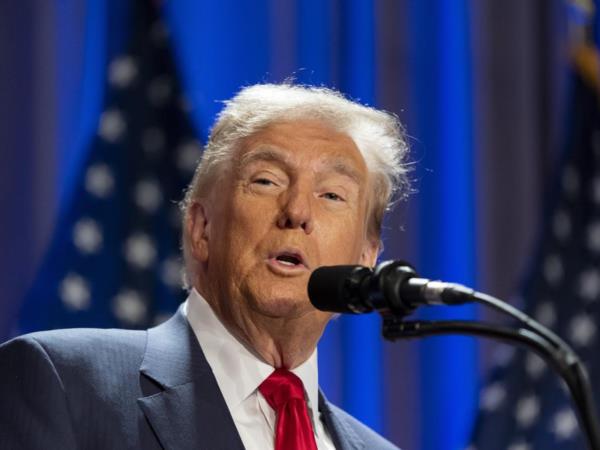
President Donald Trump made headlines on Monday by commuting the sentences of individuals associated with the far-right extremist groups Oath Keepers and Proud Boys who were convicted of seditious conspiracy. This move by Trump has sparked controversy and raised concerns about the implications for the justice system.
During the signing ceremony, President Trump proudly displayed a copy of the commutation, which included a list of names of those who were granted clemency. The individuals on the list had been charged in a high-profile seditious conspiracy case, with most of them being found guilty of the offense.
It is important to note that while many of the commutation recipients were convicted of seditious conspiracy, some were acquitted of that specific charge but found guilty of other felony charges related to the events of January 6. Among those who received commutations is Stewart Rhodes, the leader of the Oath Keepers, who had been serving one of the longest prison sentences in connection with the January 6 incident.



The decision to commute the sentences of these individuals has raised questions about the message it sends regarding accountability for acts of domestic extremism. Critics argue that granting clemency to individuals involved in seditious activities undermines the rule of law and sets a dangerous precedent.
As the news of the commutations spreads, it is likely to fuel further debate and scrutiny over the handling of cases related to the January 6 insurrection. The impact of President Trump's actions on the justice system and the broader implications for national security remain subjects of intense discussion and concern.







